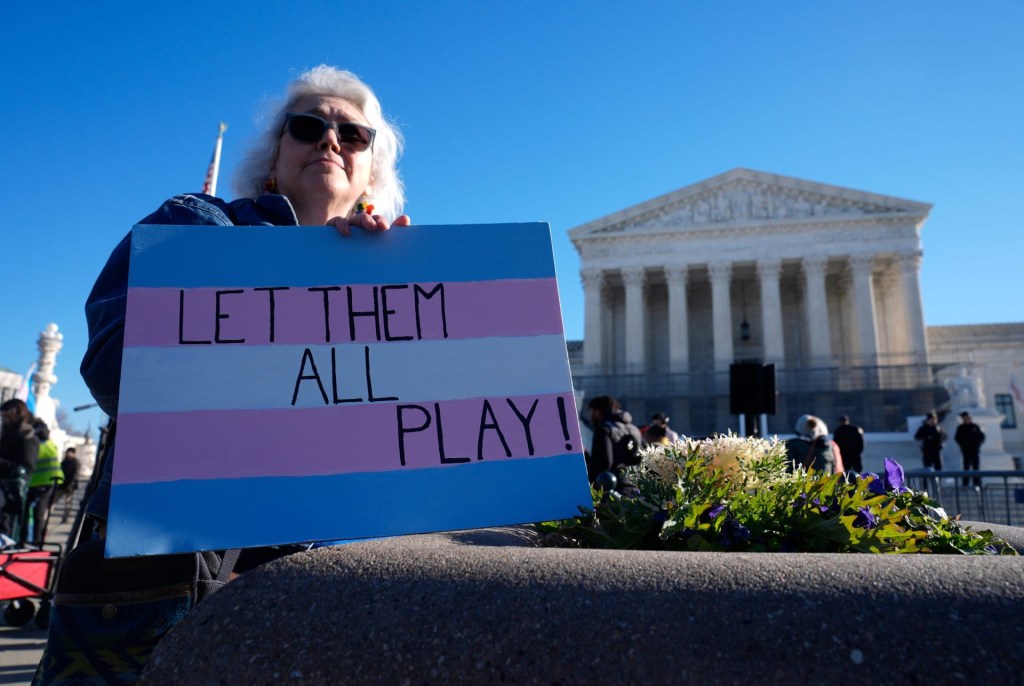Michael Jordan’s racing team was denied a preliminary injunction in its lawsuit against NASCAR by a federal judge Friday.
Jordan and co-owner Denny Hamlin’s 23XI Racing and Front Row Motorsports, owned by restaurant entrepreneur Bob Jenkins, filed an antitrust lawsuit against NASCAR in October, calling the league and its owners, the France family, “monopolistic bullies.” On Monday, attorney Jeffrey Kessler argued in Charlotte, N.C., that the teams, despite still holding out on signing the next set of member agreements, should get to compete next season as if they had signed the agreements, due to the ongoing lawsuit. U.S. District Judge Frank Whitney disagreed, a small victory for NASCAR.
“Plaintiffs have not alleged that their business cannot survive without a preliminary injunction. Instead, they allege that their businesses may not survive without a preliminary injunction,” Whitney said. The teams have until Dec. 2 to respond.
Now, the teams can still compete, but they aren’t guaranteed spots in races or certain revenue-sharing benefits.
“We are pleased with the court’s decision to expedite discovery and fast track the schedule in our case against NASCAR,” Kessler told Front Office Sports in a statement Friday. “Although we are disappointed that the preliminary injunction was denied without prejudice and as premature, which we intend to appeal, this denial has no bearing on the merits of our case. My clients will move forward to race in 2025 and continue to fight for a more fair and equitable system in NASCAR that complies with antitrust law.”
This all stems from NASCAR’s monster $7.7 billion media-rights deal with Fox Sports, NBC, Amazon, and Warner Bros. Discovery beginning in 2025, and the league’s unconventional revenue-sharing process. In leagues like the NBA and NFL, the league takes a small portion of all revenue, and the rest is split equally between teams and players. In NASCAR, the teams collectively share 25% of the revenue, while the tracks, many of them owned by the France family, get 65%, and the remaining 10% goes to NASCAR. The distribution for the next charter isn’t public, but Hamlin said last year that owners wanted “roughly double” their current percentage, and negotiations have lasted about two years.
The suit claims teams privately said the league put a “gun to our head” and “coerced” them into signing a charter agreement to begin in 2025, which 23XI and Front Row refused to sign in early September. But, they still wanted the guarantees from a charter while they sued NASCAR. It’s happened before that teams raced without signing a charter agreement, so NASCAR asked for their original request in the suit be denied.
Before the charter system was introduced in 2016, NASCAR’s only direct support to teams came through prize money. While for much of NASCAR’s existence teams weren’t guaranteed a spot in the lineup outside qualifying, the Cup Series had its top-35 qualifying rule in place from 2005 through 2012. That rule assured teams would make the lineup for a race no matter how they qualified, assuring a share of the prize money to offset logistical costs for teams.
Kessler said Monday that the teams don’t have a problem with every aspect of the charter. One of their main issues is with NASCAR’s provision that it can’t be sued for future actions, he said. Kessler also represented the U.S. women’s soccer team in its fight for equal pay and college athletes in the House and Alston cases against the NCAA.
The legal drama is finding its way onto the track, as 23XI’s Tyler Reddick captured a key win in late October that earned him a spot in NASCAR’s championship race on Sunday in Phoenix.
A.J. Perez contributed reporting.
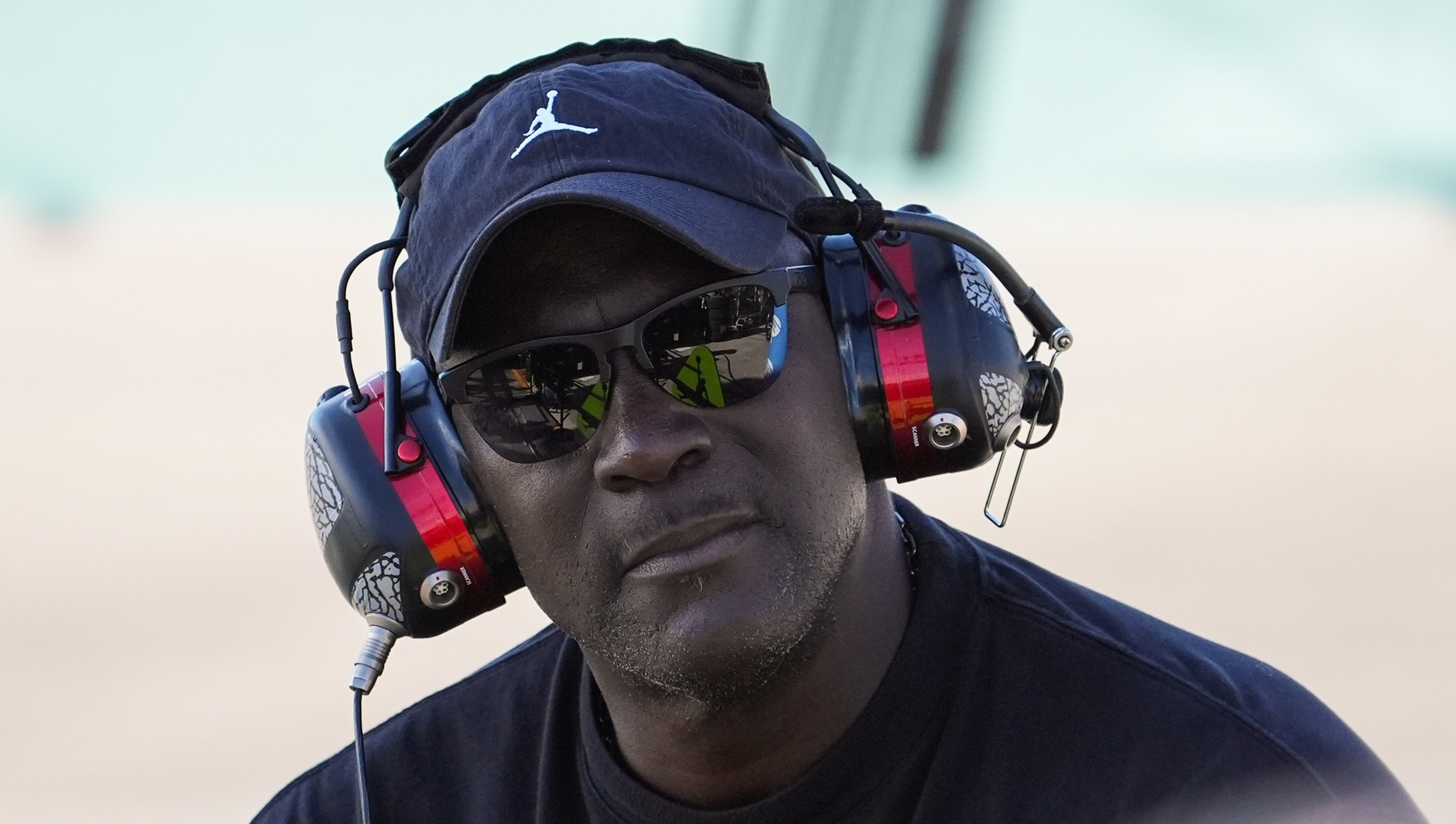
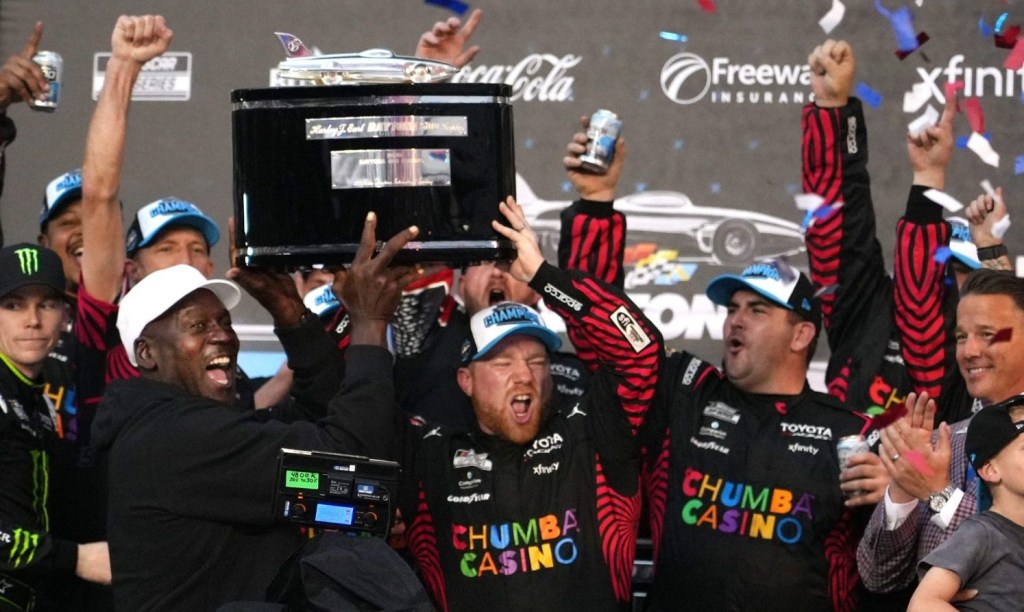

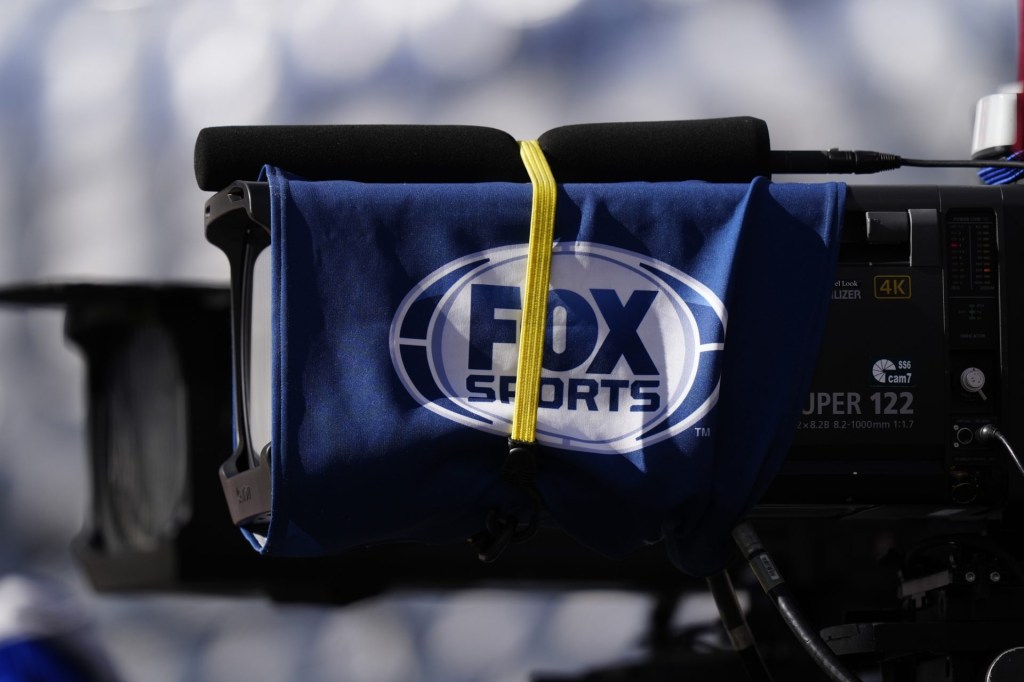
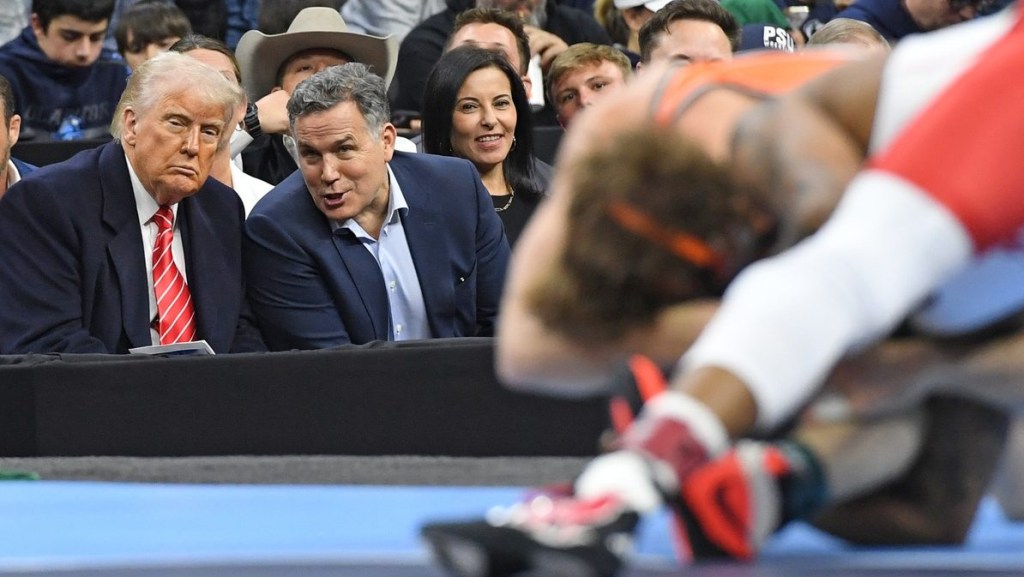
![[Subscription Customers Only] Jul 13, 2025; East Rutherford, New Jersey, USA; Chelsea FC midfielder Cole Palmer (10) celebrates winning the final of the 2025 FIFA Club World Cup at MetLife Stadium](https://frontofficesports.com/wp-content/uploads/2026/02/USATSI_26636703-scaled-e1770932227605.jpg?quality=100&w=1024)










